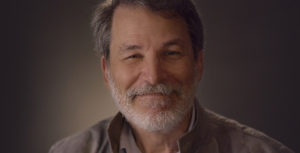Project Overview
America has seen a 500 percent increase in the prison and jail population since 1980, the result of increasingly retributive, “tough on crime” attitudes—a one-size-fits-all approach to criminal justice that often calls for severe sentences of death or life without parole. Advancing Real Change seeks to eliminate excessive sentencing by highlighting the life history of offenders—their unique vulnerabilities, potential, and life circumstances—that have shaped them as individuals. Through extensive record collection, in-depth interviews, and other techniques, investigators are able to identify inter-generational patterns ranging from mental health issues to racial oppression that offer critical context for a client’s actions. Indeed, in death penalty cases, defense teams have honed this approach over thirty years of advocacy, successfully showing how a constellation of factors—including histories of trauma, mental illness, and intellectual disability—led to an alleged crime. Through casework, consultation, and training, Advancing Real Change seeks to bring the transformative power of state-of-the-art mitigation investigations to all corners of the criminal justice system. Particularly in cases involving juveniles sentenced to life without parole—where life history research is desperately needed—highlighting a person’s humanity can be a profoundly effective tool to reshape the way justice is served.
Five Questions
Learn more about this project
Meet our other 2015 awardees
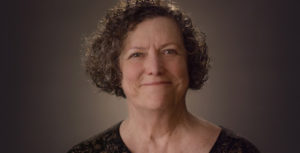
New York
A model for activating human capital in rural places, this “living museum of contemporary rural life” has helped inventive rural residents ignite a fresh sense of cultural and economic opportunity.
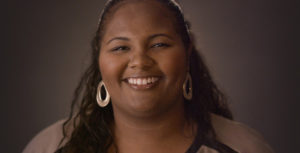
ScholarCHIPS for Children of Incarcerated Parents
Washington, D.C.
To break the cycle of intergenerational incarceration, ScholarCHIPS supports college students in the Washington, D.C. area who are among the millions of children in America with incarcerated parents.
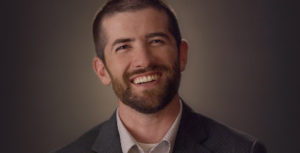
Washington State
Through a unique blend of peer mentoring, community farming, and “dirt therapy,” Growing Veterans uses sustainable agriculture as a catalyst for ending veteran isolation.
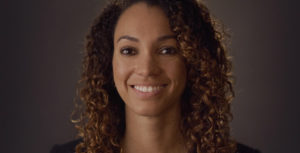
California
This peer-support program’s “healing to advocacy” agenda empowers women with incarcerated loved ones to push for social and policy reform, while boosting their economic resilience.
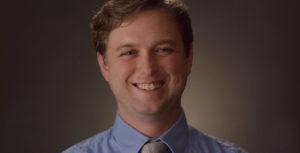
West Virginia
Tackling the economic, cultural, and environmental distress of West Virginia’s collapsing coal economy, Reclaim Appalachia creates new economic opportunities rooted in a vibrant spirit of place.
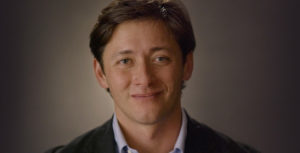
California
Bringing local fish into schools proves a powerful way to cultivate the next generation of ocean stewards, while promoting sustainable seafood and supporting a community’s fishing industry.
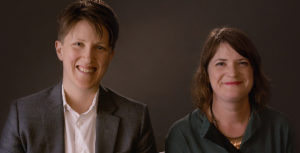
New York and North Carolina
To advance worker well-being, Coworker.org harnesses online tools to advocate for freelancers, independent contractors, and others in today’s gig-based workforce.
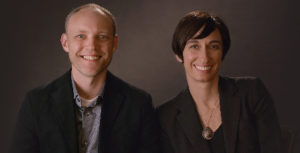
Elizabeth Monoian &Robert Ferry
Washington State
A series of large-scale public art installations seeks to transform unloved clean-energy infrastructure into wildly inspiring cultural and economic assets.

 Learn More
Learn More